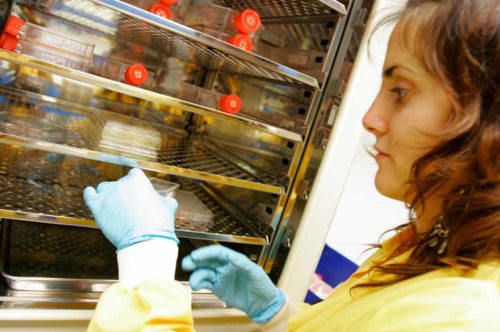The MSc Biomedical Science course is aimed at students who want to take their biomedical science skills and knowledge to a higher level. It’s ideally suited to those with an undergraduate degree in Biomedical Science or other degrees that have a significant amount of human biology or biomedical content, as well as medical, dental or veterinary degrees and some biotechnology degrees depending on what modules you studied at undergraduate level.
Content
Core Modules:
- Current Issues in Biomedical Science – a multi-disciplinary module looking at topical issues in biomedical science.
- Practical Skills for Biomedical Science – an opportunity to refresh and develop your practical skill set and prepare for your project.
- Research and Diagnostic Methodologies – looking at core scientific methods, for example PCR, and how they are used both in research and diagnostic laboratories.
- Advanced Specialist Subject Studies– the module where you focus on your specialism and apply advanced academic skills to develop your presentation of specialist knowledge
- Research Project – an opportunity to undertake an extended laboratory project in your specialist discipline.
Choose from one of the specialist routes:
- Clinical Biochemistry
- Medical Microbiology
- Applied Immunology
- Medical Genetics
- Cellular Pathology and Oncology
- Haematology
The University continually enhances our offer by responding to feedback from our students and other stakeholders, ensuring the curriculum is kept up to date and our graduates are equipped with the knowledge and skills they need for the real world. This may result in changes to the course. If changes to your course are approved we will inform you.
Zobacz więcej na stronie uniwersytetu >>








